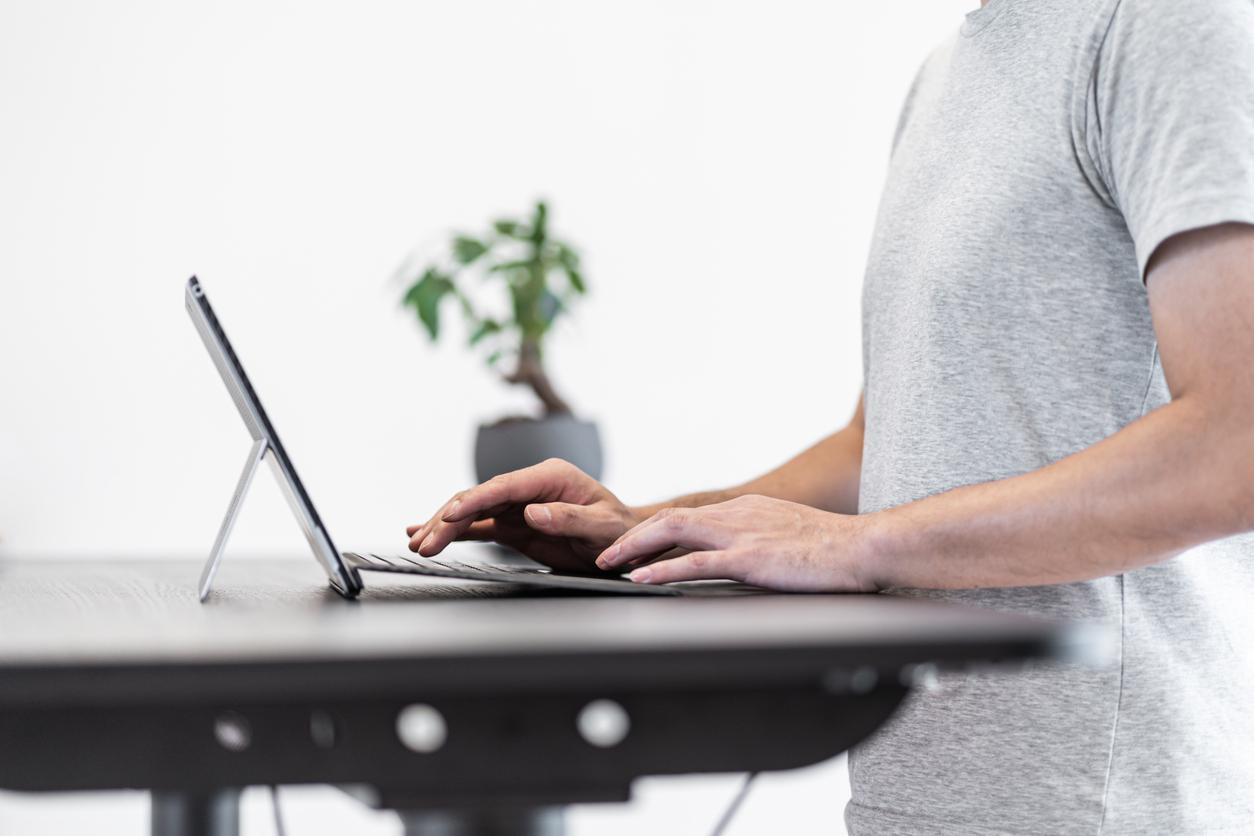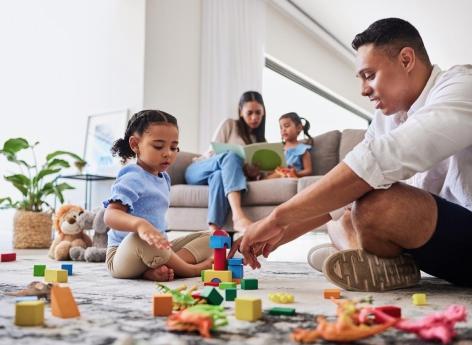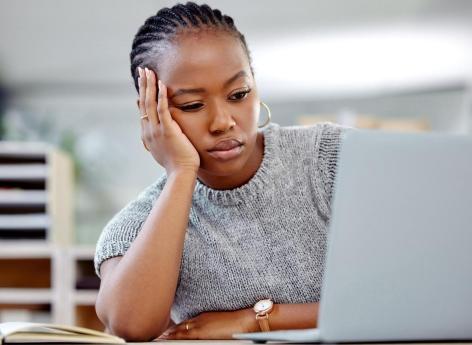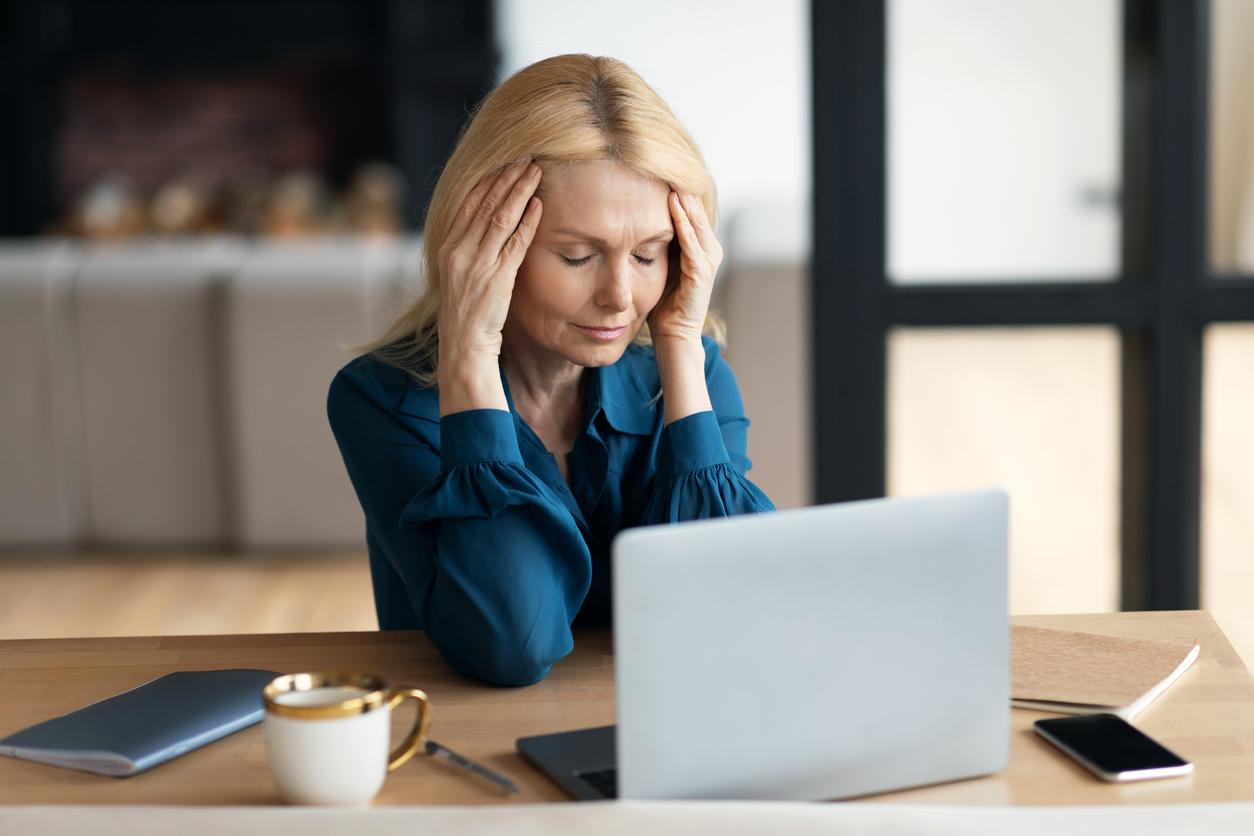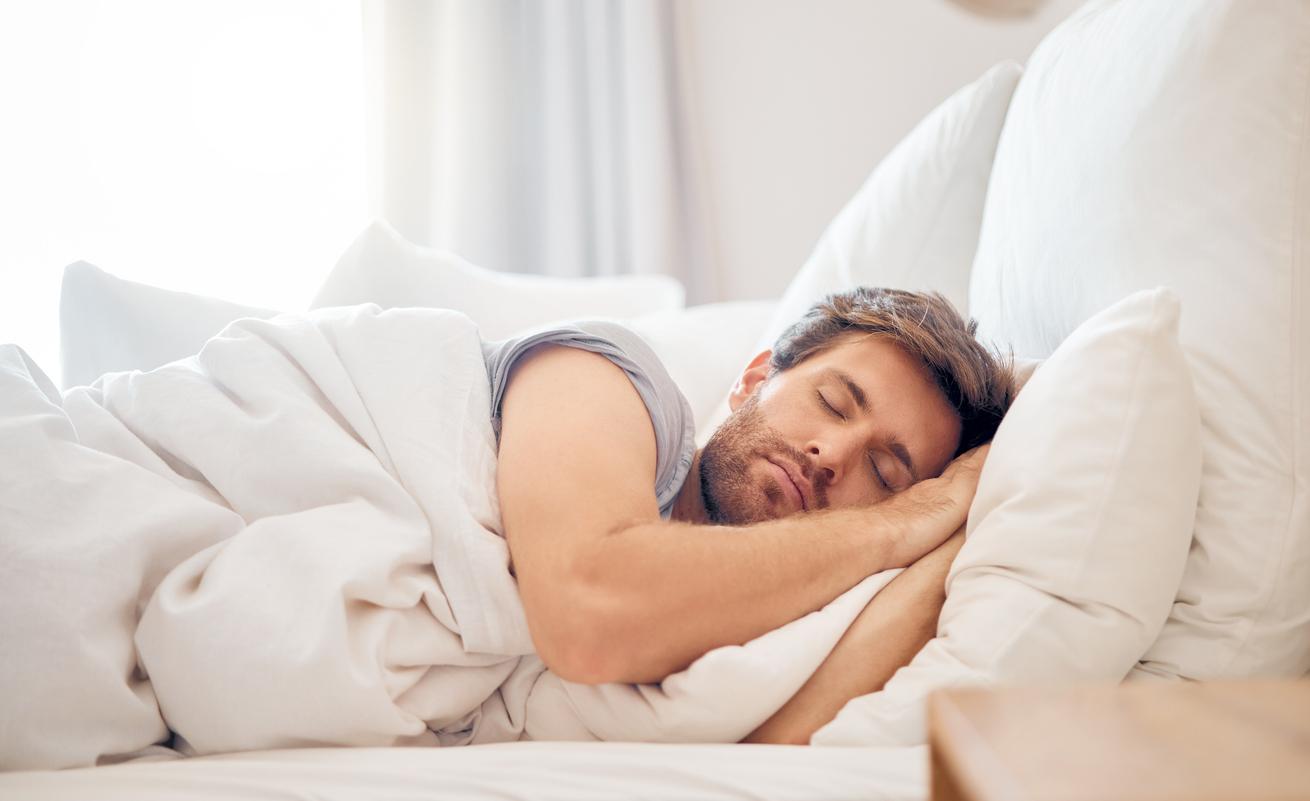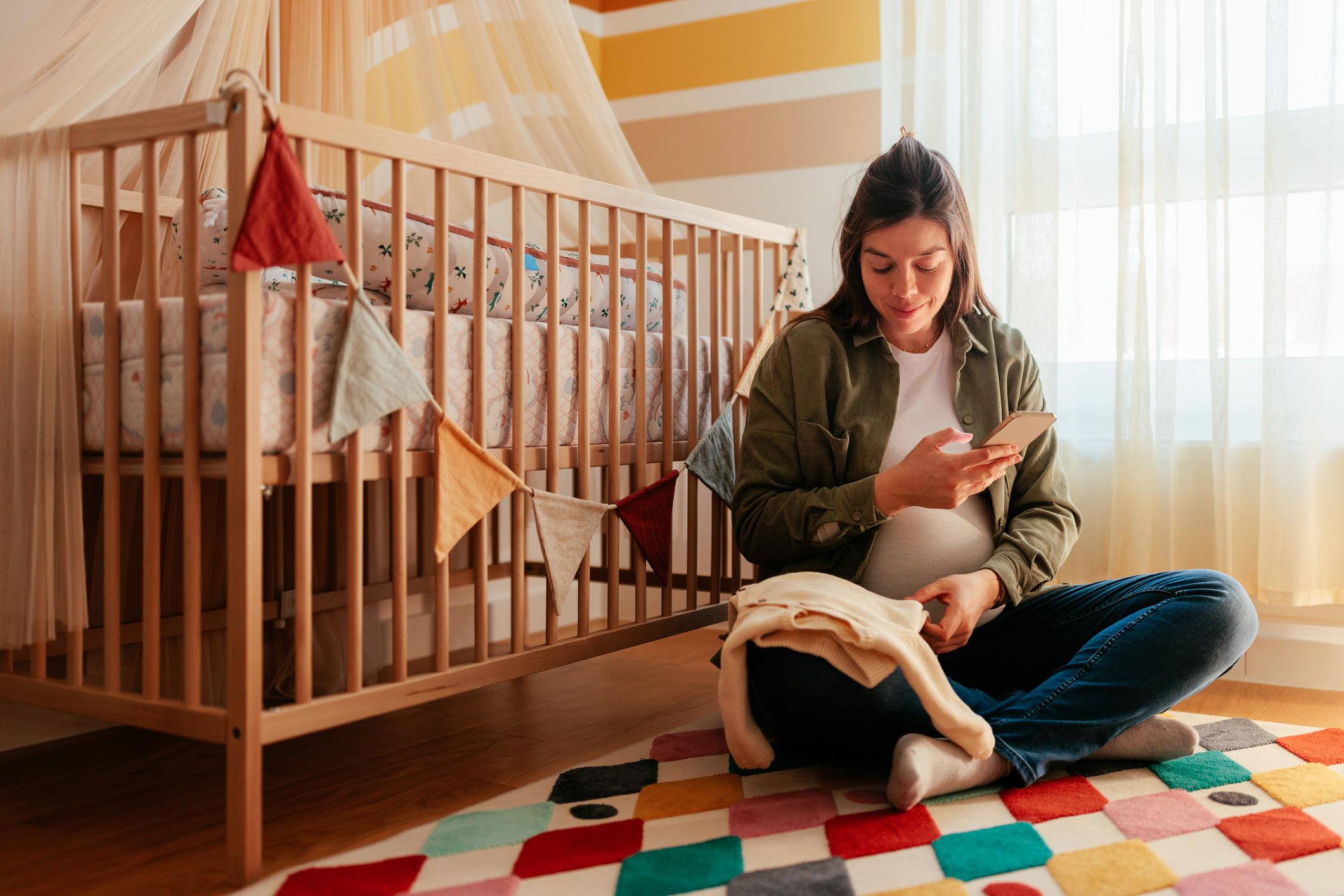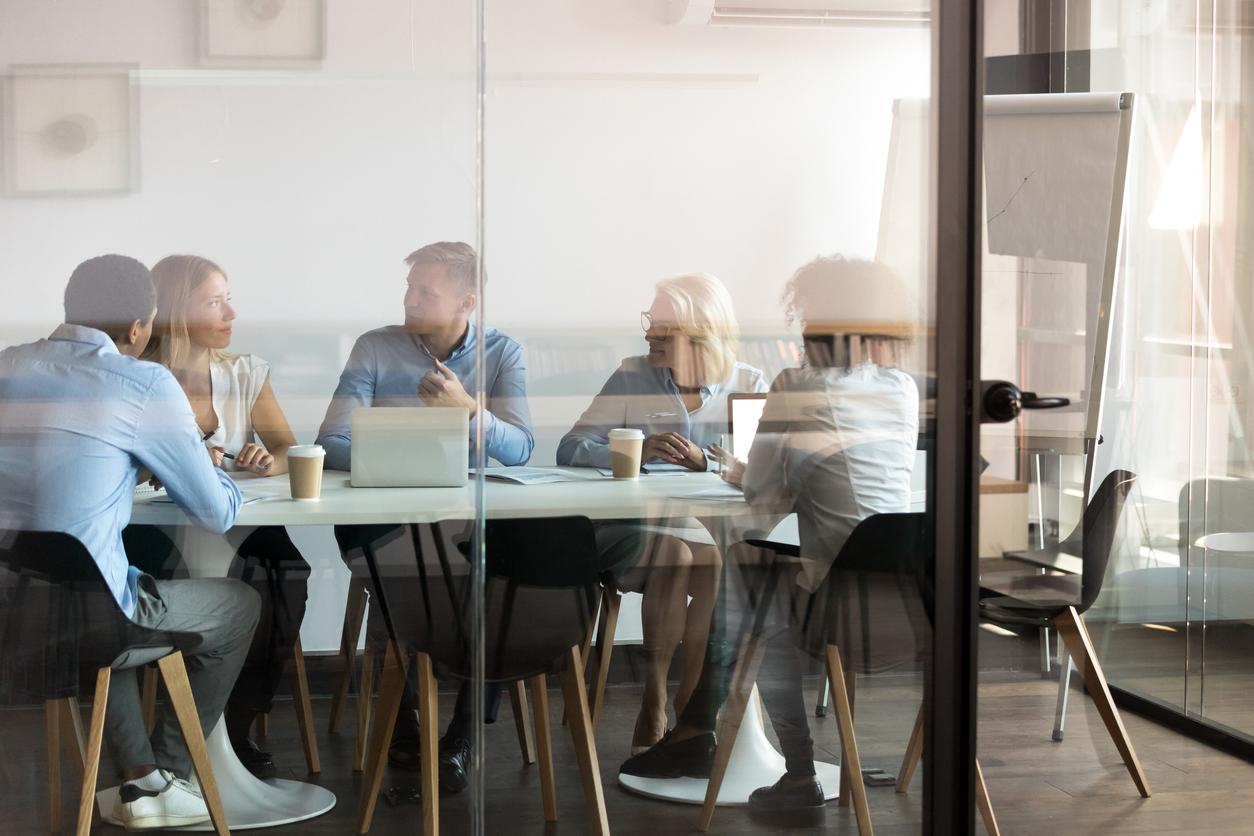As the government has repeatedly emphasized, the deconfinement plan is based on three main principles : protect, isolate, test.
One of the tools for respecting these principles is the constitution of “brigades”, as announced by Edouard Philippe. With the objective of “identifying the carrier of the virus in order to break the chain of transmission”.
Olivier Véran, Minister of Health, clarified in the Council of Ministers on May 2 that they will be responsible for collecting medical and non-medical data. Objective: “this information system is intended to identify people who are infected or likely to be infected, to collect information to determine the people who have been in close contact with patients, to organize screening examinations and to carry out any useful action in the fight against the spread of the virus.” The data collected by this “contact tracing” system will be “independent” of the StopCovid application, insisted Olivier Véran.
He specified that this tracing will be done at 3 different degrees:
Level 1 tracing : After the results of the tests, when they are positive, by the laboratories, a first level will be set up, which will be exercised by doctors, primary healthcare professionals. The objective is to define the first circle of potential contact cases.
Level 2 tracing : it will be organized by health insurance in order to enrich the list of potential contacts beyond this first circle, to check that no potentially sick person could have escaped the first tracings and to give prophylactic instructions to those concerned.
Level 3 tracing is : organized as has been the case since the start of the epidemic, by regional health agencies. The objective is to go and identify chains of contamination, chains of transmission, what at one time were called clusters. The ARS will also be responsible for enforcing health instructions. Local and national epidemiological surveillance will be organized, as is already the case, by Public Health France and the General Directorate of Health.
Why brigades?
From May 11, will be tested – as was the case in stage 1 when “clusters” were discovered – ALL people with symptoms. Then, in the event of a positive result, they will be isolated, according to their choice, either at home or in a requisitioned hotel with the necessary medical equipment. But that’s not all: it will be necessary to investigate in parallel in order toidentify potential contacts, which will also be tested and isolated if necessary. Goals : break the chains of transmission and ultimately avoid a second wave.
The tracing of contact cases is also recommended by the Scientific Council in its opinion of April 20, via “telephone platforms supplemented by mobile teams”.
Field tracing vs digital tracing?
In other words, it is a question of tracing the contact persons of a person infected with Covid-19. We have heard a lot about the StopCovid mobile tracking application in recent days, but it is clear that its deployment is not unanimous, in particular for technical reasons but also and above all for individual freedom. “Collecting the lists of people that individuals have frequented” could carry “a strong invasion” of privacy, commented the CNIL.
The Head of Government also declared on April 28 that the application would be put to a vote before being launched. And if the French do not download it, its usefulness will be limited. Moreover, app or not, this digital tool must in any case be accompanied by a field investigation. According to the Scientific Council, the two approaches are “complementary”.
The squads, how do they work?
Investigators will be mobilized to find the contact cases of people infected in the days preceding the screening. They will therefore have to question them, mainly by telephone. The “contact” people will in turn be contacted to benefit from health recommendations and if necessary to encourage them to be tested as appropriate. Another mission of these brigades: to provide support for isolated people during their fortnight.
Who will be the investigators who will form this brigade?
“Given the size of our country, we have to count on around 30,000 people: general practitioners, caregivers, members of associations, the health services of town halls … Without that, it will not work”, explained to the daily newspaper Le Monde, the president of the Scientific Council, Jean-François Delfraissy, on April 26. For the time being, the government has not given further details.
Read also
- Coronavirus: promising treatments
- Chloroquine, Plaquenil…: what you need to know
- Coronavirus vaccine: when will it be available?
- How to make a homemade protective mask?
- How to treat yourself at home










